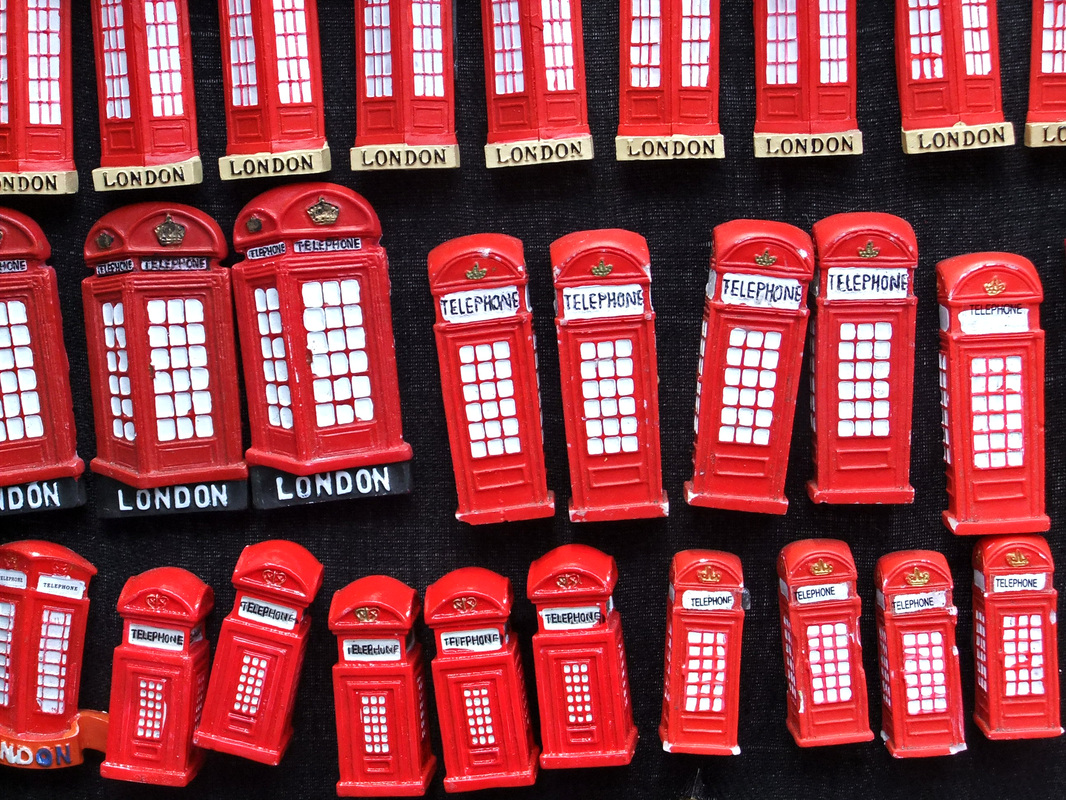Thank you so much for making this walk so enjoyable! We had so many laughs along the way ... I hope you all enjoyed it too. Richmond-upon-Thames is such a pretty area and I hope that you are able to return to explore is some more.
Here is the vocabulary from the walk. If I have missed anything, please add it.
I look forward to seeing you again.
Best Wishes
Gail
The layout (noun): The way in which the different parts of something are arranged. E.g. we talked about the way Henry VII rebuilt the palace of Shene (later to be renamed Richmond Palace) and the ‘layout’ of the buildings.
To locate (verb): To discover the exact place where something is.
Location (noun): The exact place or position where something is. E.g. We can find the exact location of Richmond Palace on the map.
A speedboat (noun): A small, fast boat with a powerful engine.
A barge (noun): A long, flat-bottomed boat used to carry freight. In the past, freight included sugar, spices, timber, wool, livestock (live animals) etc. Today, freight on the Thames includes sugar, cement, fertilisers, animal feedstuffs, chemicals, crude oil etc.
A toll (noun): When you have to pay to walk or drive over a bridge or on a road. E.g. We walked over Richmond Lock and Footbridge and we heard how it was a ‘toll bridge’ when it opened in 1894. People had to pay 1d (an old English penny) to walk across it to the other side. If they wanted to walk onto the bridge, enjoy the pretty views of the Thames and then walk back again, they had to pay 2d!
A hobby (noun): An activity that you enjoy in your free time. E.g. We talked about walking as a hobby as well as reading, painting, gardening and one of you studies insects! Plural = hobbies.
The tide (noun): When the sea rises and falls because of the influence of the moon. This is twice a day. The sea comes in and then goes out. The River Thames is a ‘tidal’ river i.e. it has a tide.
The embankment (noun): The wall that is built next to a river to stop floods. We often call the area that we walk along by a river ‘the embankment.’
‘No mooring’ (verb): The sign next to the riverbank said ‘No mooring’. To moor is when a boat stops and ties the rope onto the land so that it can stay there. This sign is telling boats that they cannot stay there!
To distract (verb): To take someone’s attention away from what they are doing. E.g. I was distracted by the man who thought he had caught a fish and I forgot to tell you which way to go next!
A tunnel (noun): An underground passage that has been constructed by people. Tunnels can be built through hills, under buildings or roads and even under a river. E.g. we saw the entrances to the tunnel that was constructed under the Thames at Richmond in 1769.
Odd (adjective): a) unusual, strange, different. E.g. My new manager is odd. She never sits down to do her work.
b) odd numbers = numbers that cannot be divided exactly by two e.g.1,3,5,7,9,11 etc. (the opposite of even numbers – 2, 4, 6, 8, 10 etc).
c) an oddball (adjective): the same as describing someone as odd. E.g. He’s an oddball.
Weird (adjective): Unusual or strange. E.g. I had a really weird dream.
Hardship (noun): Something that makes your life difficult, especially not having enough money. E.g. We talked about Richmond as a prosperous area but, after some discussion, we decided that there must be people suffering from hardship here too!
Bustling (adjective): A bustling place is full of noisy activity. E.g. the little ancient side-streets in Richmond were bustling with people when we walked through them.
 RSS Feed
RSS Feed
